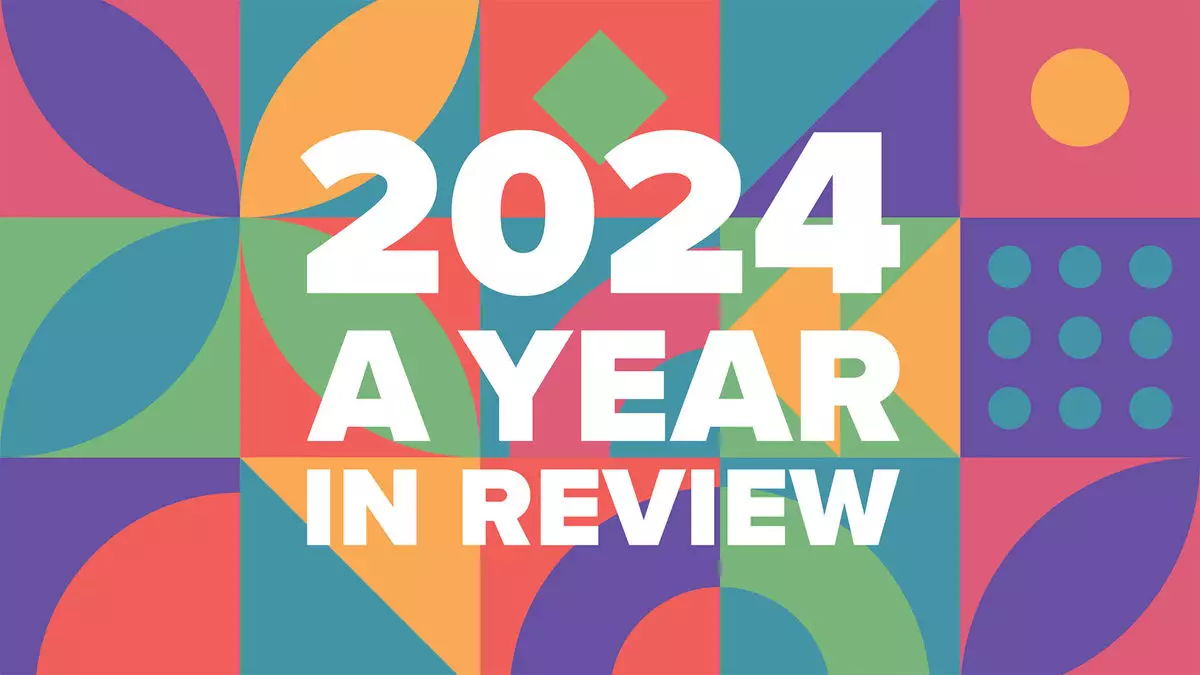The travel industry is undergoing a significant transformation with the advent of artificial intelligence (AI). A recent survey conducted by Travel Weekly revealed that within a short span since the introduction of ChatGPT, a notable 41% of travel advisors are now leveraging AI tools to enhance their services. This figure is particularly striking among younger advisors, with approximately 58% of those aged 45 or younger utilizing AI in their daily operations. These statistics illustrate a gradual but unmistakable shift in a sector historically perceived as somewhat hesitant towards high-tech solutions.
The allure of generative AI lies in its efficiency-enhancing capabilities. As travel advisors face growing pressure to meet ever-increasing client expectations, AI tools are proving to be invaluable in streamlining operations and improving customer engagement. For instance, Signature Travel Network has partnered with TobyAI, a platform specifically designed to assist travel advisors in managing social media and crafting tailored itineraries. By employing intelligent algorithms, these AI tools can save advisors significant time and workload, allowing them to focus more on personalized client relationships.
Expanding AI Integration in Major Corporations
The trend of adopting AI is not limited to independent travel advisors but is echoed in larger travel organizations. For instance, the Travel Leaders Network also made headlines by forming a partnership with TobyAI in late 2023, marking a commitment to staying competitive in a rapidly evolving market. Similarly, Fox World Travel, recognized as one of the leading travel companies, launched Colby AI, an assistant designed to streamline workflow and support various functions such as booking queries, data analytics, and understanding traveler preferences. initiatives like these reflect a broader recognition across the industry that embracing AI is essential to enhancing both operational efficiency and customer satisfaction.
Even industry giants are getting in on the action. At its annual partner conference, Expedia Group unveiled Romie, an AI-powered travel assistant that aims to revolutionize how clients interact with travel advisors. CEO Ariane Gorin emphasized the necessity of AI by stating, “It’s everywhere. And, yes, at times, it feels like the only thing anyone is talking about.” This statement encapsulates the current zeitgeist in the travel industry; AI has swiftly become an essential component of the advisory process, underpinning a new way of delivering travel services to customers.
Rethinking the Role of Travel Advisors
The integration of AI into the travel advisory space is not just about adopting new technologies; it heralds a redefinition of what it means to be a travel advisor. With AI handling routine tasks, advisors have the opportunity to elevate their roles into that of strategic consultants—crafting nuanced travel experiences rather than simply providing logistics. This paradigm shift may ultimately lead to greater job satisfaction among travel advisors, as they can invest more time in creative aspects of travel planning and forming deeper connections with clients.
The travel industry stands on the brink of a significant evolution driven by AI advancements. As travel advisors continue to embrace these technologies, they not only increase their operational efficiencies but also redefine how they engage with their clients, leading to a more personalized and enriching travel experience.


Leave a Reply